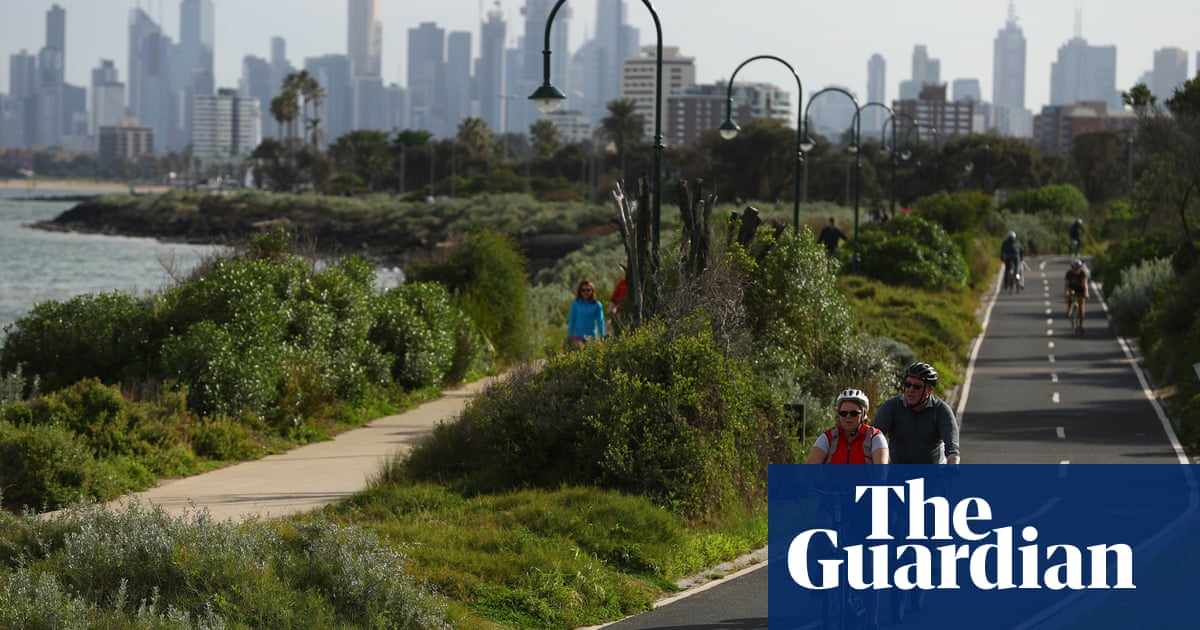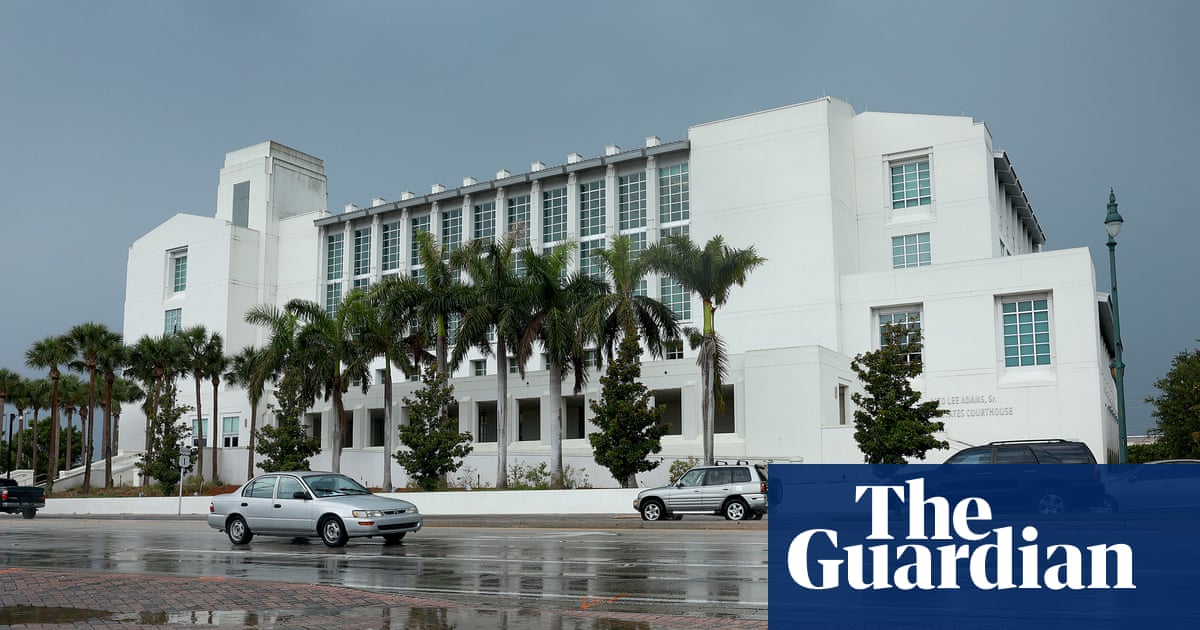
Only one of the six commissioners on Scott Morrison’s Covid-19 commission has volunteered to release their conflicts of interest, prompting calls for greater transparency from the publicly funded body.
The government has refused to release the conflict-of-interest declarations for members of its National Covid-19 Coordination Commission (NCCC), a prominent advisory body shaping non-health aspects of Australia’s Covid-19 strategy.
There have been increasing concerns about a lack of proper governance structures around the taxpayer-funded commission, which operates with a broad remit and a budget of more than $5m.
The commission is headed by Nev Power, the former head of Fortescue Metals, and other commissioners include the Industry Super chair Greg Combet, former health department secretary Jane Halton, rich-lister Paul Little, EnergyAustralia chair Catherine Tanna and CSIRO chair David Thodey.
Officials from the Department of Prime Minister and Cabinet said it could not release their conflict-of-interest declarations because they were provided “in confidence”.
The Guardian approached each of the commissioners and asked whether they would release their interests of their own volition.
Only Combet agreed to do so. A spokesman told the Guardian Combet’s “interests are already publicly available and widely known”, and provided a list including his chairmanship of Industry Super Australia and IFM Investors, as well as his membership of the Invest Victoria advisory board and occasional consulting roles.
The interests he declared had already been published on the NCCC’s website, where others had also published their public directorships.
A spokeswoman for Little, a former managing director of Toll Holdings, said his “public directorships are on the public record and we do not comment on his private interests”.
Thodey, a former Telstra chief executive, told the Guardian his interests and investments had been declared internally to the government to ensure “transparency and any conflicts are disclosed and addressed”.
“The commissioners are also asked at every meeting to consider if there are any new conflicts of interest,” Thodey said.
Questions to Power were answered by an NCCC spokesperson, who said his directorships and those of other commissioners were a “matter of public record, published on the Australian Securities and Investments Commission’s website”.
“As indicated by the Department of the Prime Minister and Cabinet to the Senate select committee on Covid-19 at its hearing on 4 June, the NCCC chair and commissioners’ declarations are of private interests and it is not the department’s intention to provide those.”
Other commissioners either did not respond or declined to comment.
Guardian Australia is not suggesting the commissioners are conflicted or that they have not internally declared their interests appropriately.
But critics say there is a lack of proper governance surrounding the NCCC, a publicly funded body led by prominent private-sector leaders who may hold a variety of unknown interests.
The Australia Institute’s climate and energy program director, Richie Merzian, said publicly disclosing conflicts was “the least the government commissioners” could do, given they had been handpicked to advise the government on spending billions of dollars taxpayer funds.
“The roles of the NCCC commissioners are, by design, intended to influence government,” Merzian said. “It is clearly in the public interest for any conflicts of interest to be publicly declared. There is no excuse for any potential conflicts of interest to remain secret.”
Crossbench senator Rex Patrick also urged “full disclosure” of the commissioners’ interests.
“The commissioners are being paid from the public purse, are performing public activities and their output may have significant influence over the future expenditure of public money,” he said.
The role of Power as NCCC head has raised some concern among civil society groups.
The commission has advocated for gas development as a way to boost economic growth after the coronavirus crisis. Questions around commercial conflicts prompted Power to step aside from his position as deputy chairman of a gas company, Strike Energy.
Speaking at a parliamentary inquiry earlier this month, Power acknowledged there was a “perceived conflict”, but said he had not attended a Strike Energy board meeting and would not vote on any operational or strategic matters while he was at the NCCC.
He also stood by his view that Australia should be considering competitive gas supply as a raw material for “both existing and new manufacturing industry to preserve and create jobs”.












